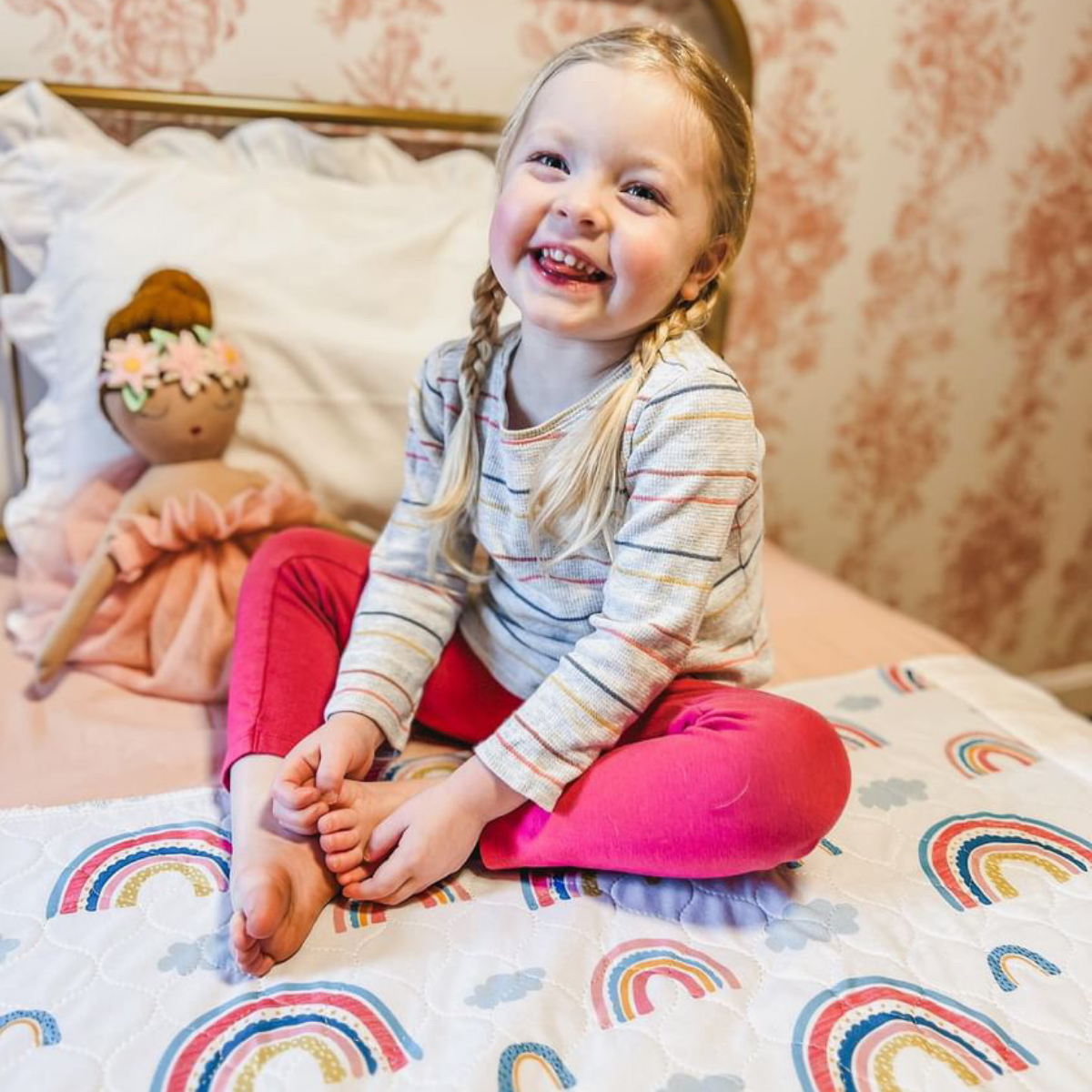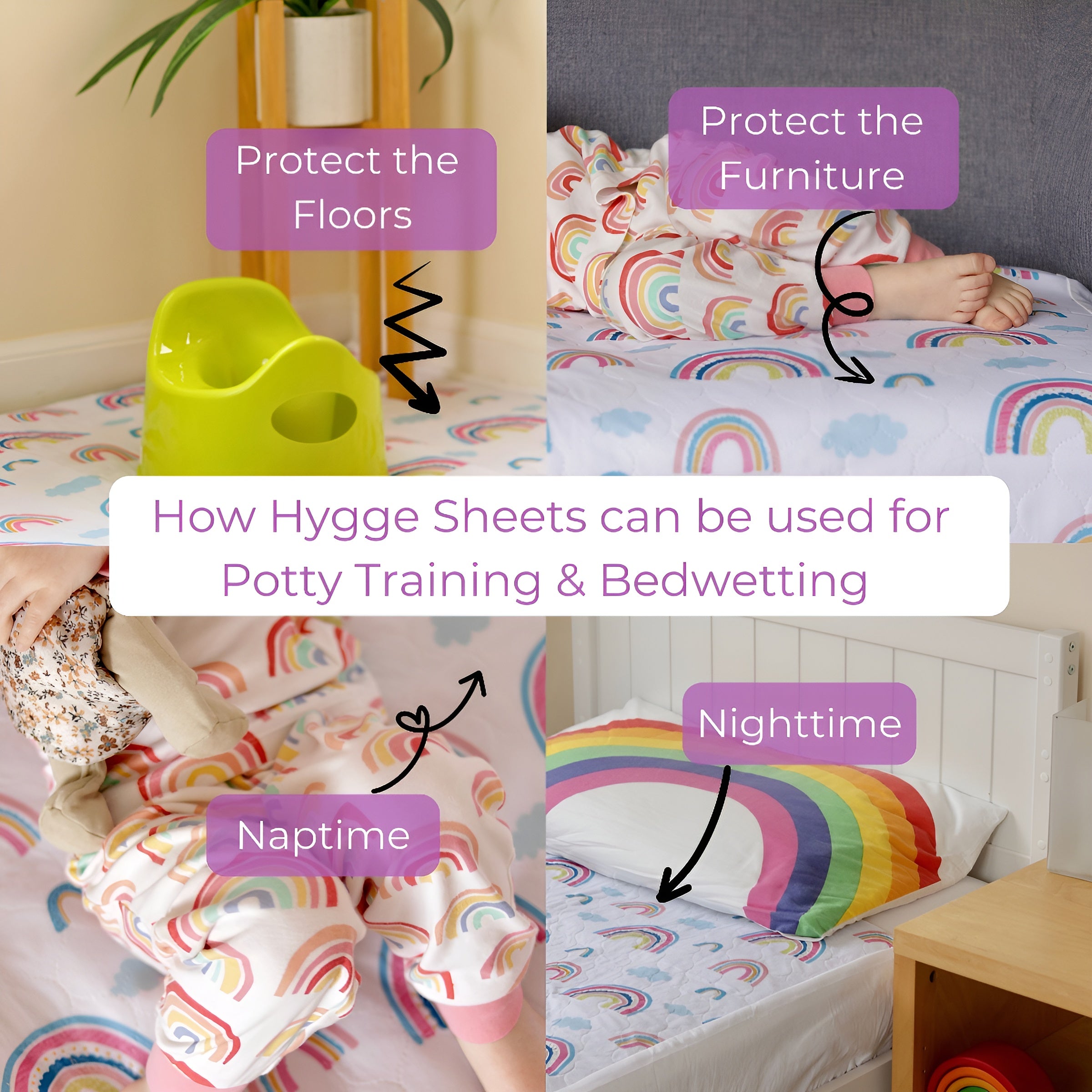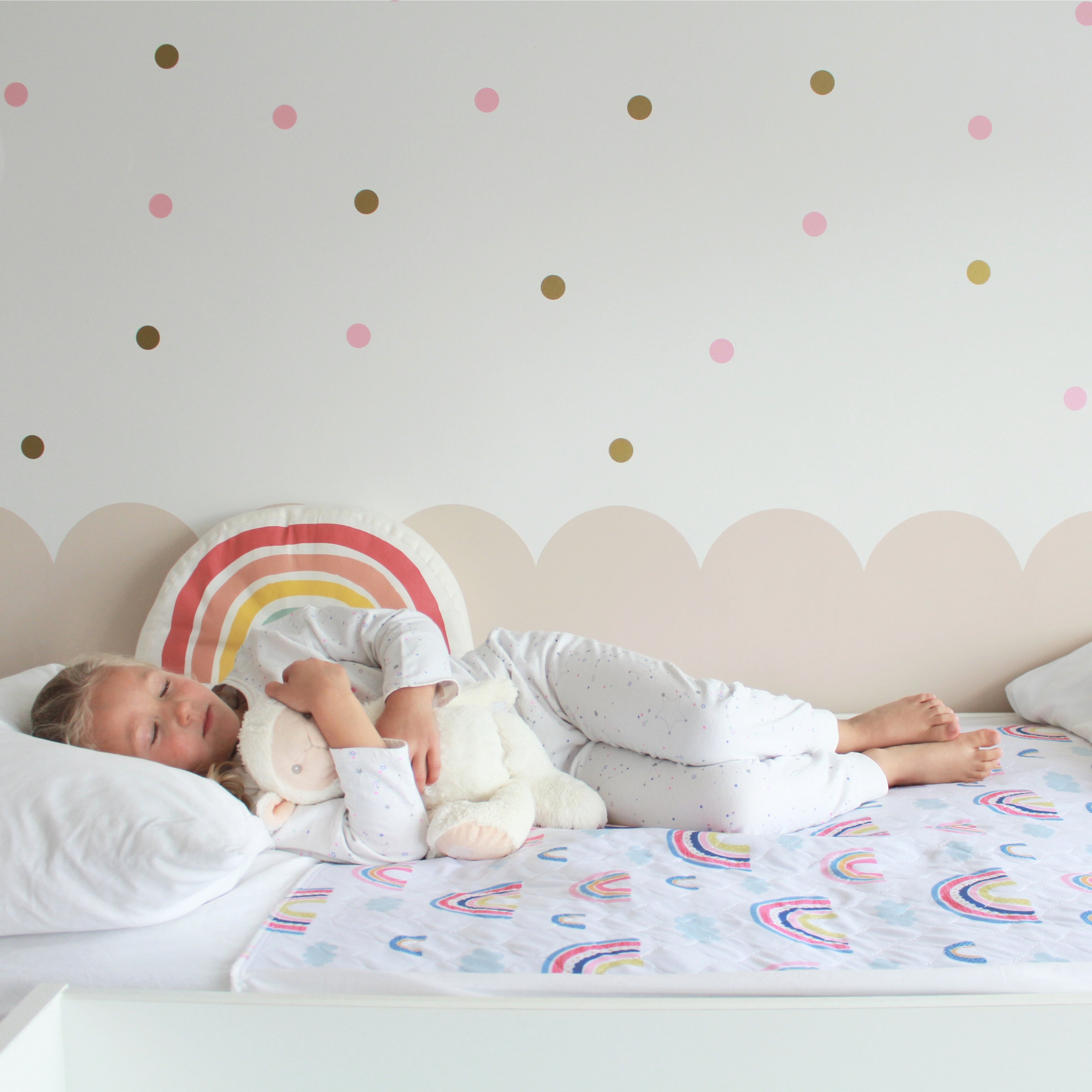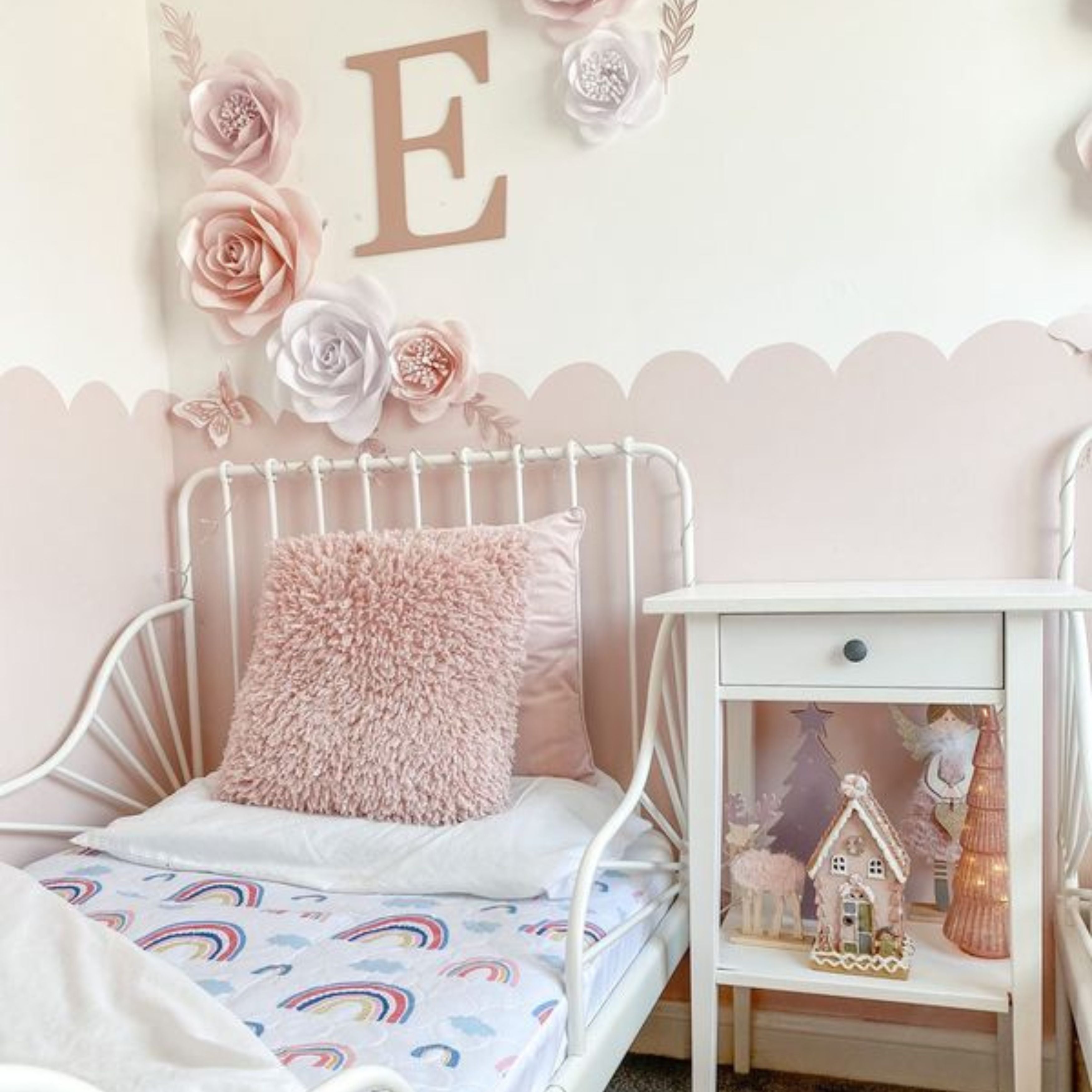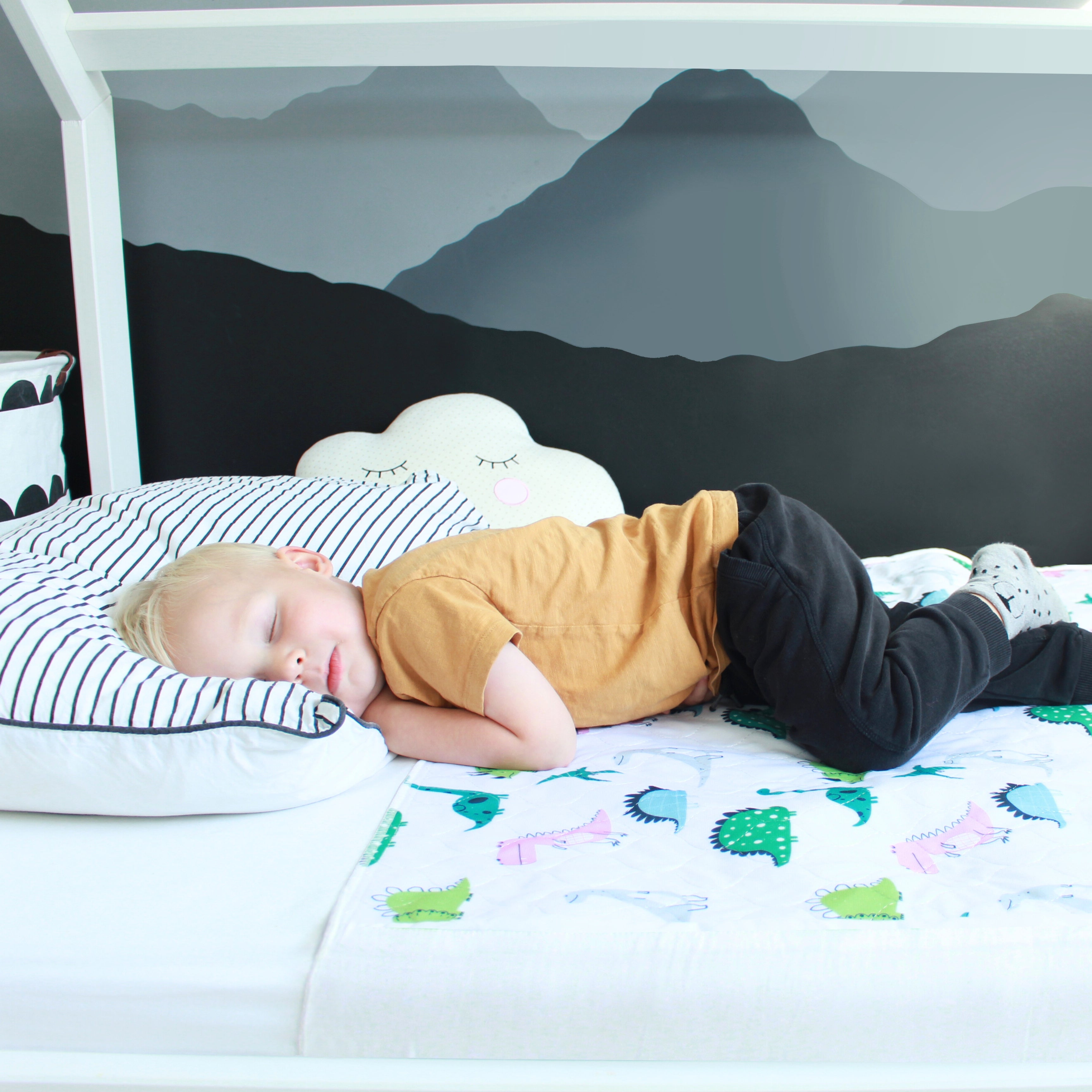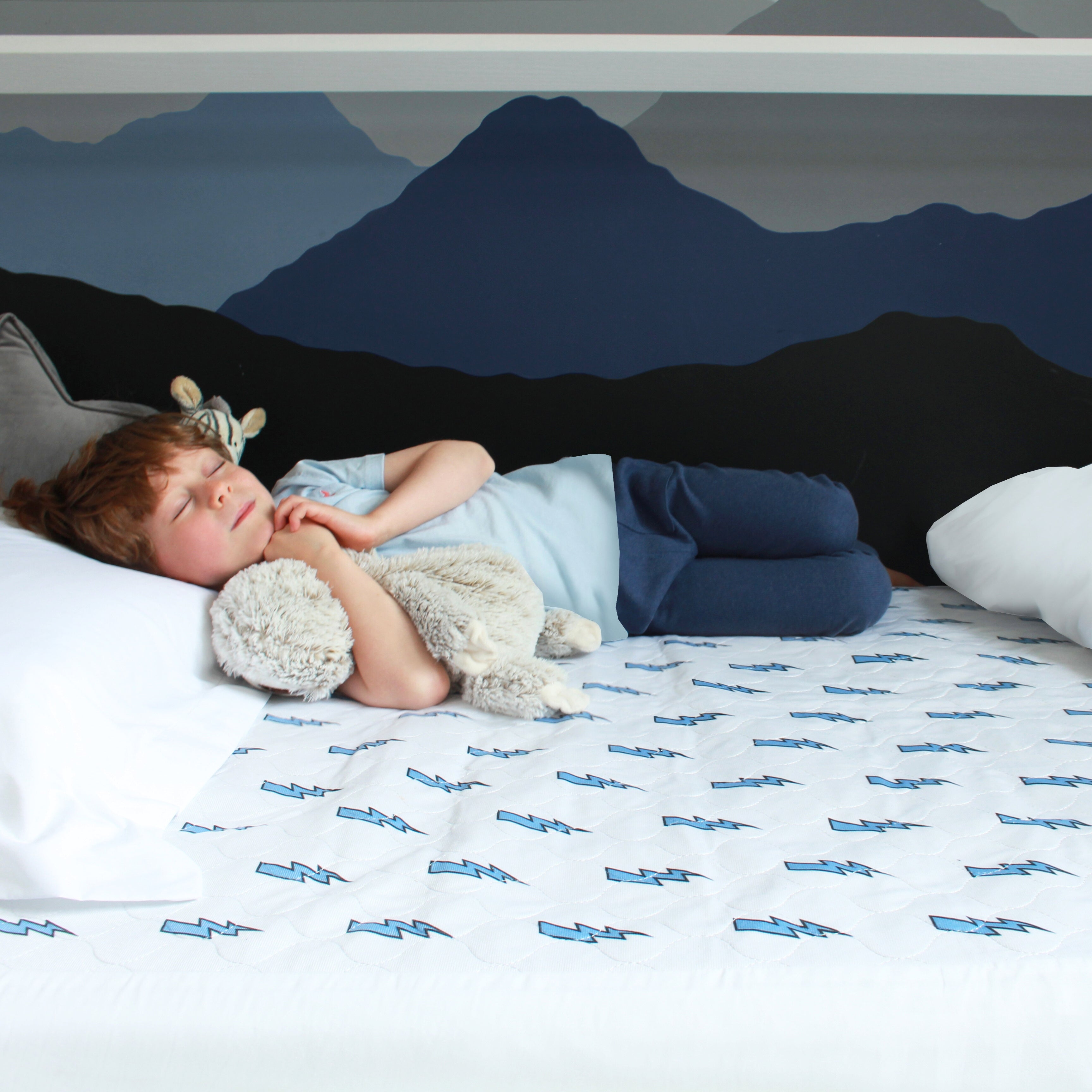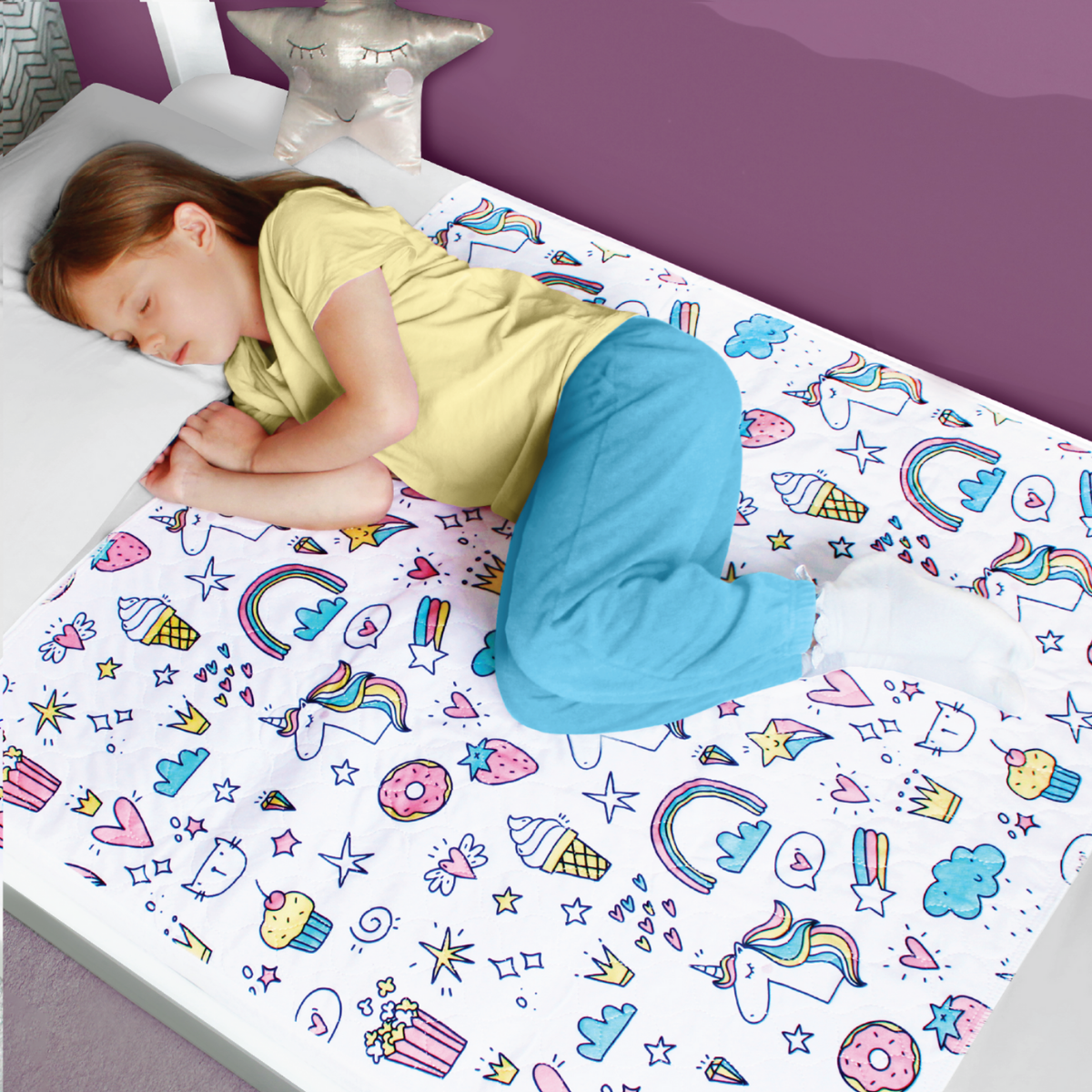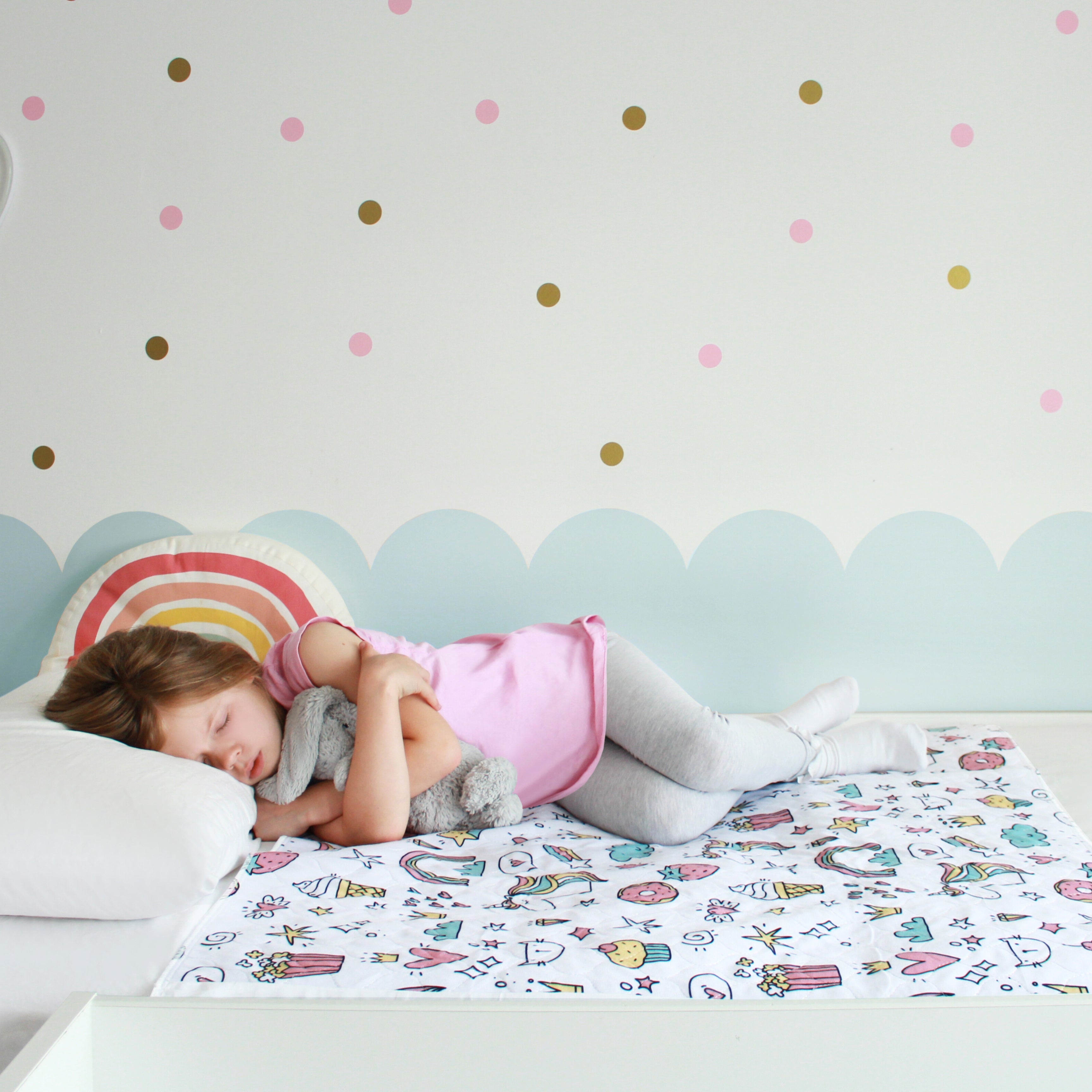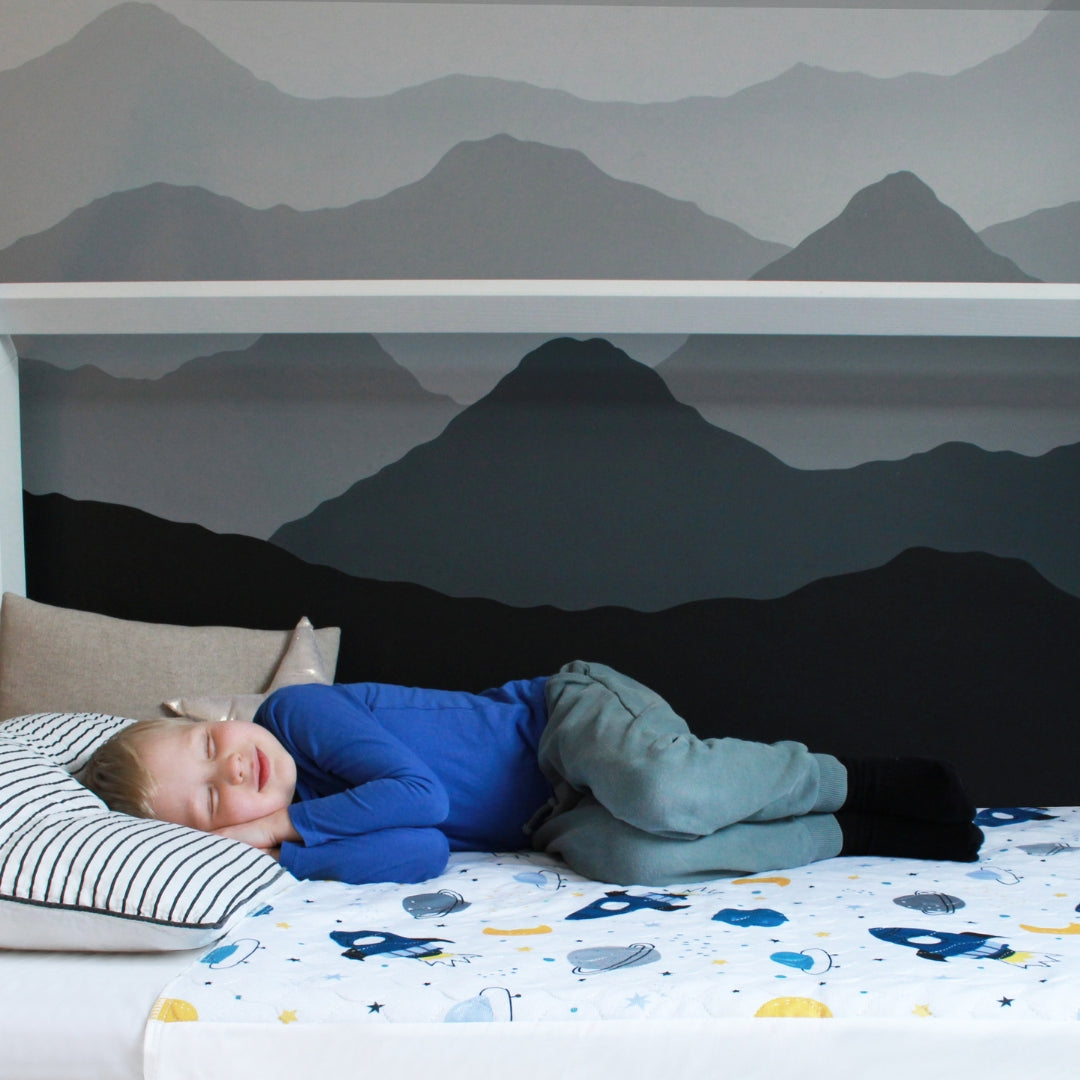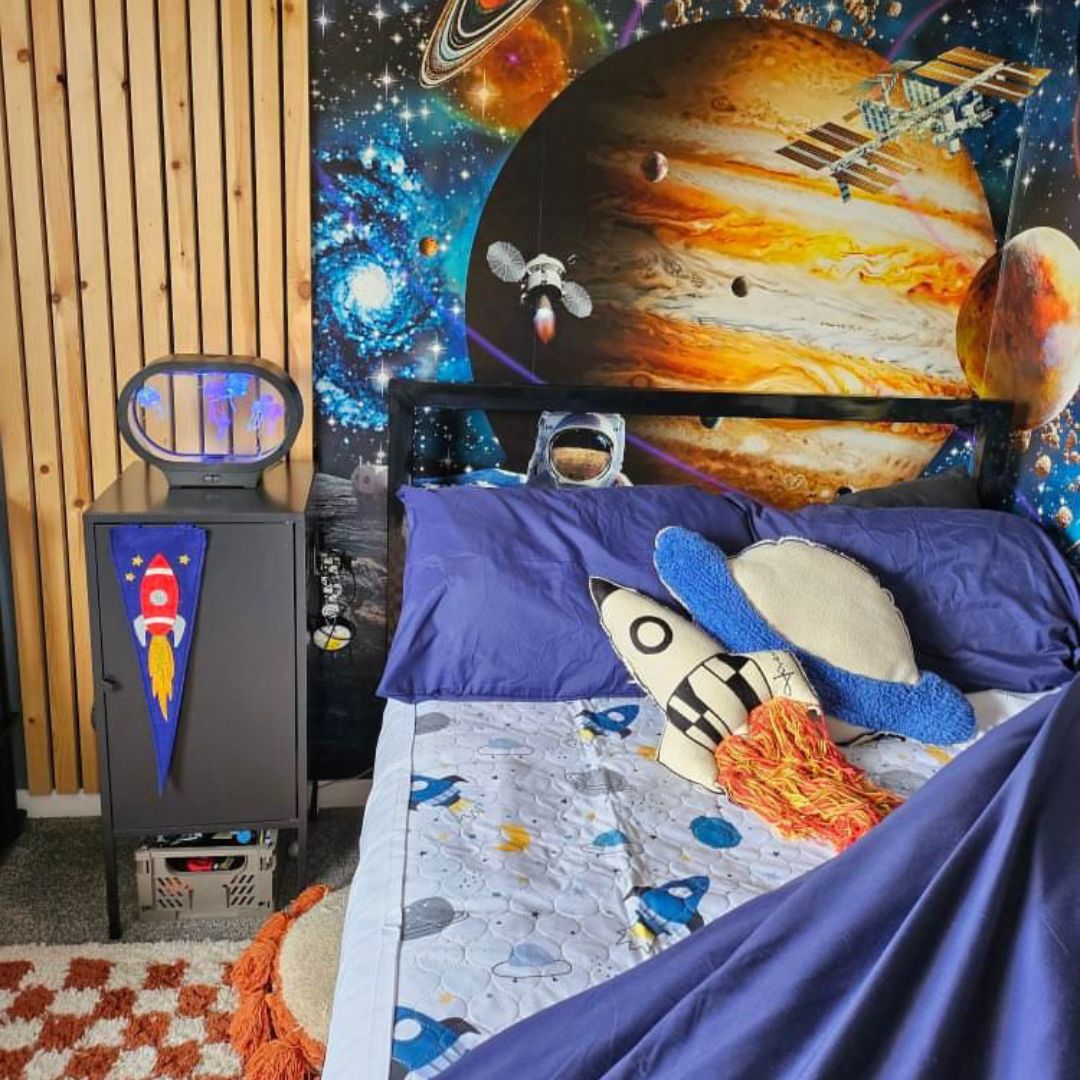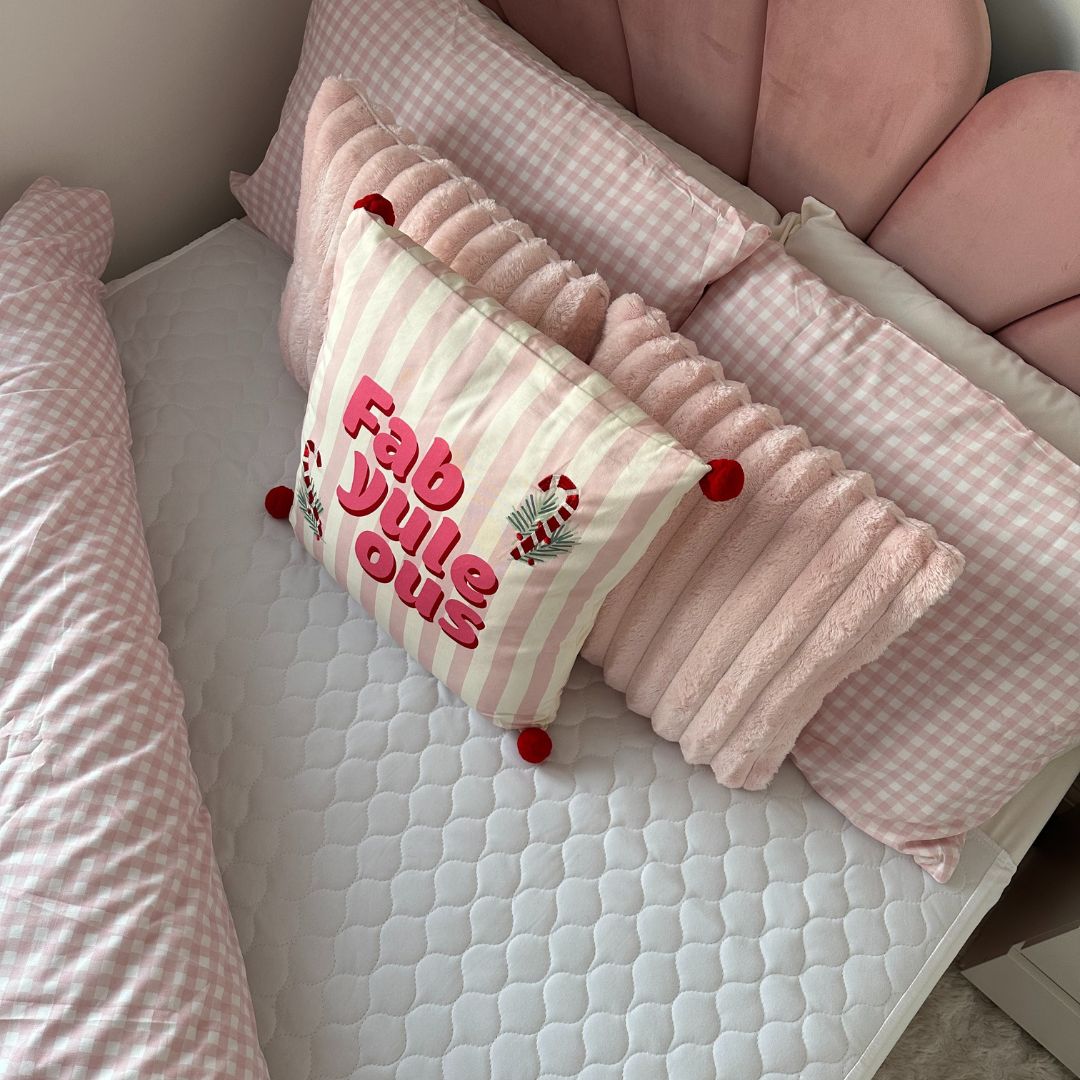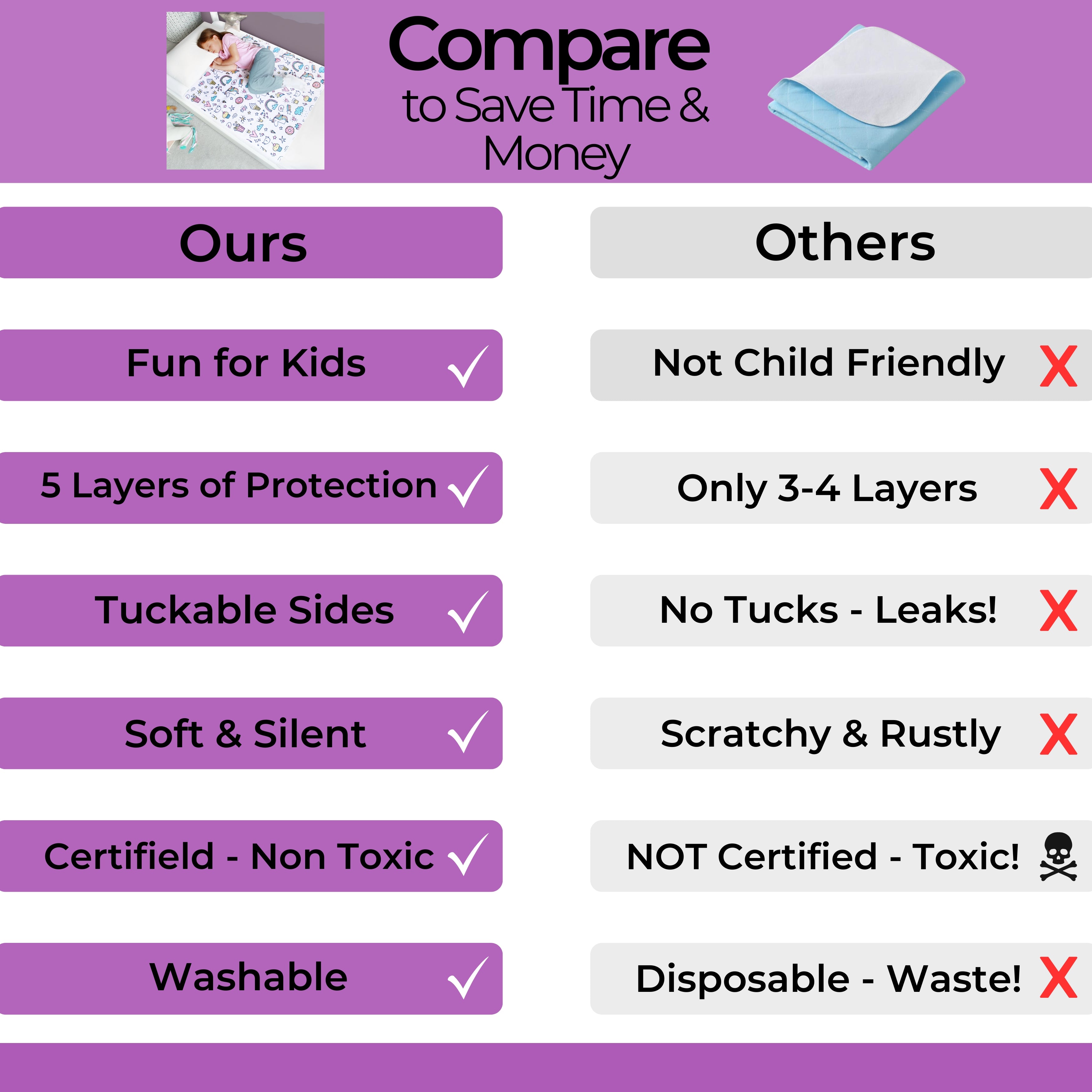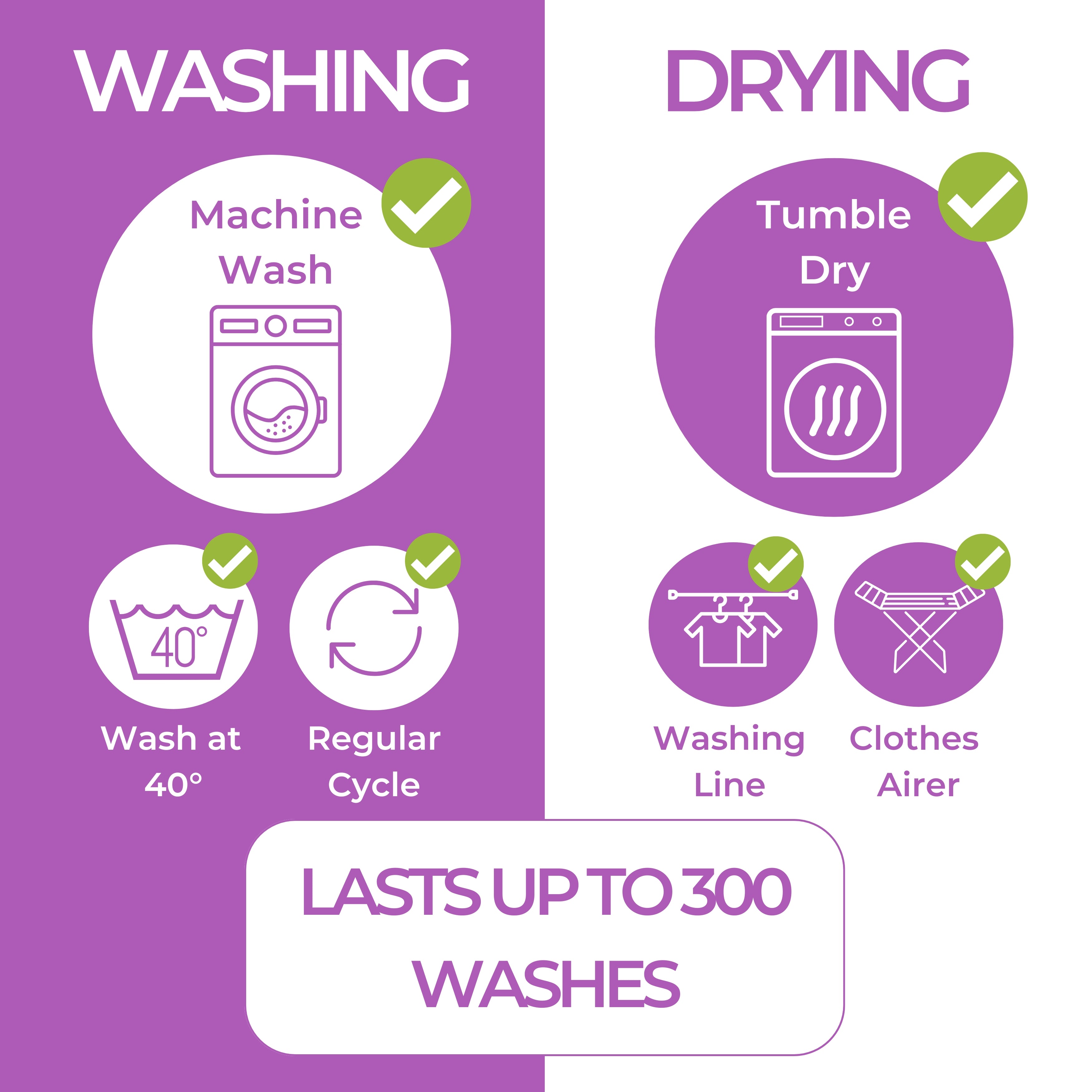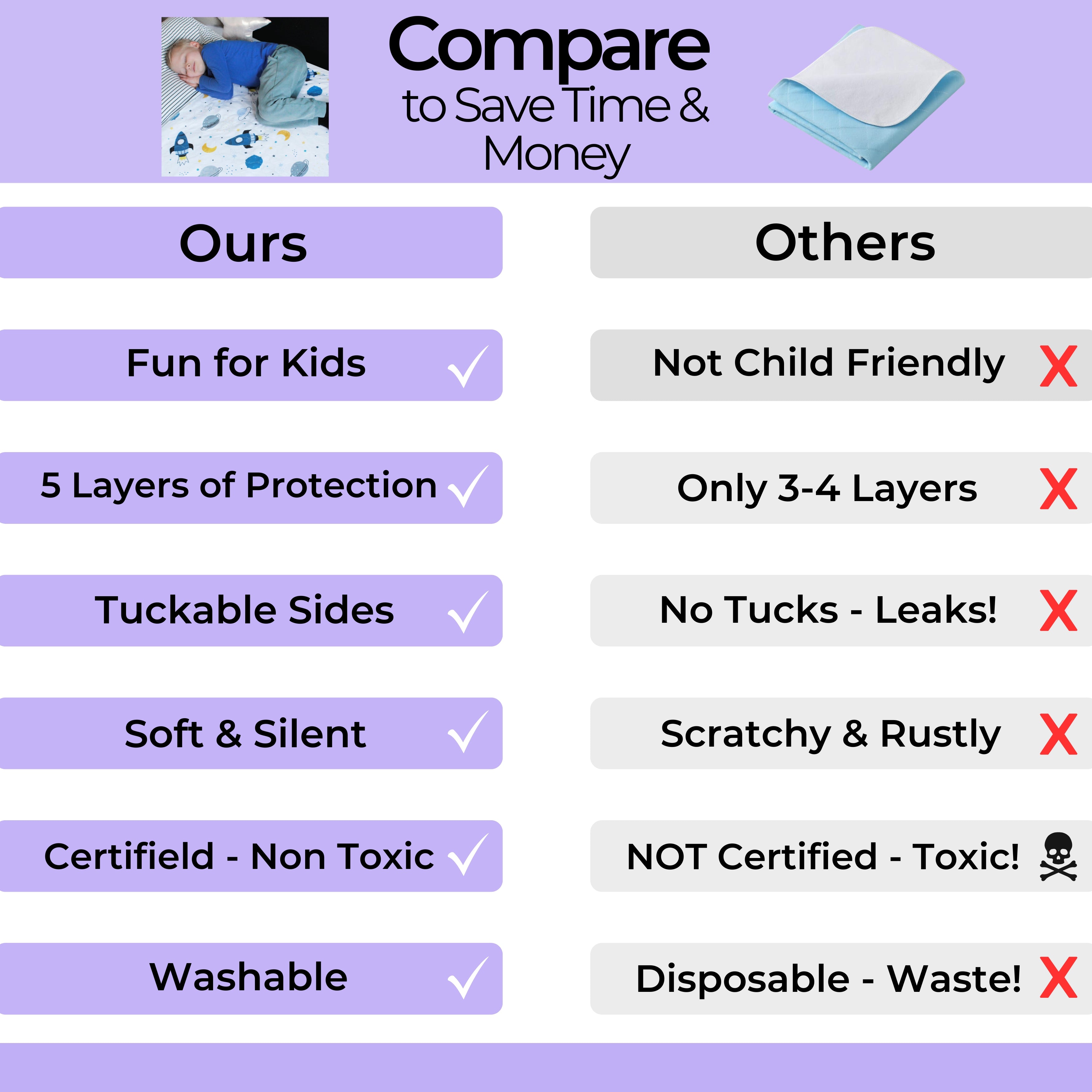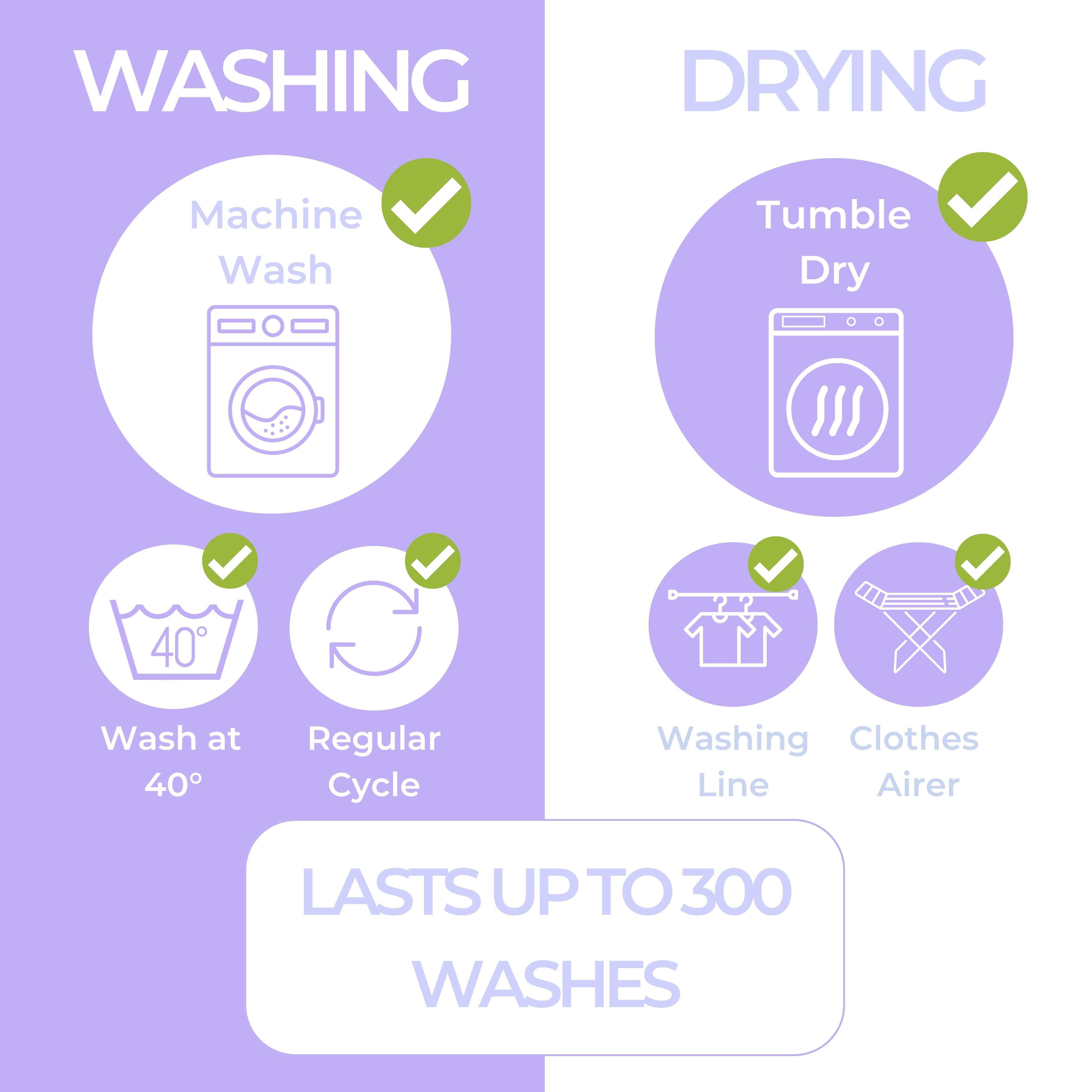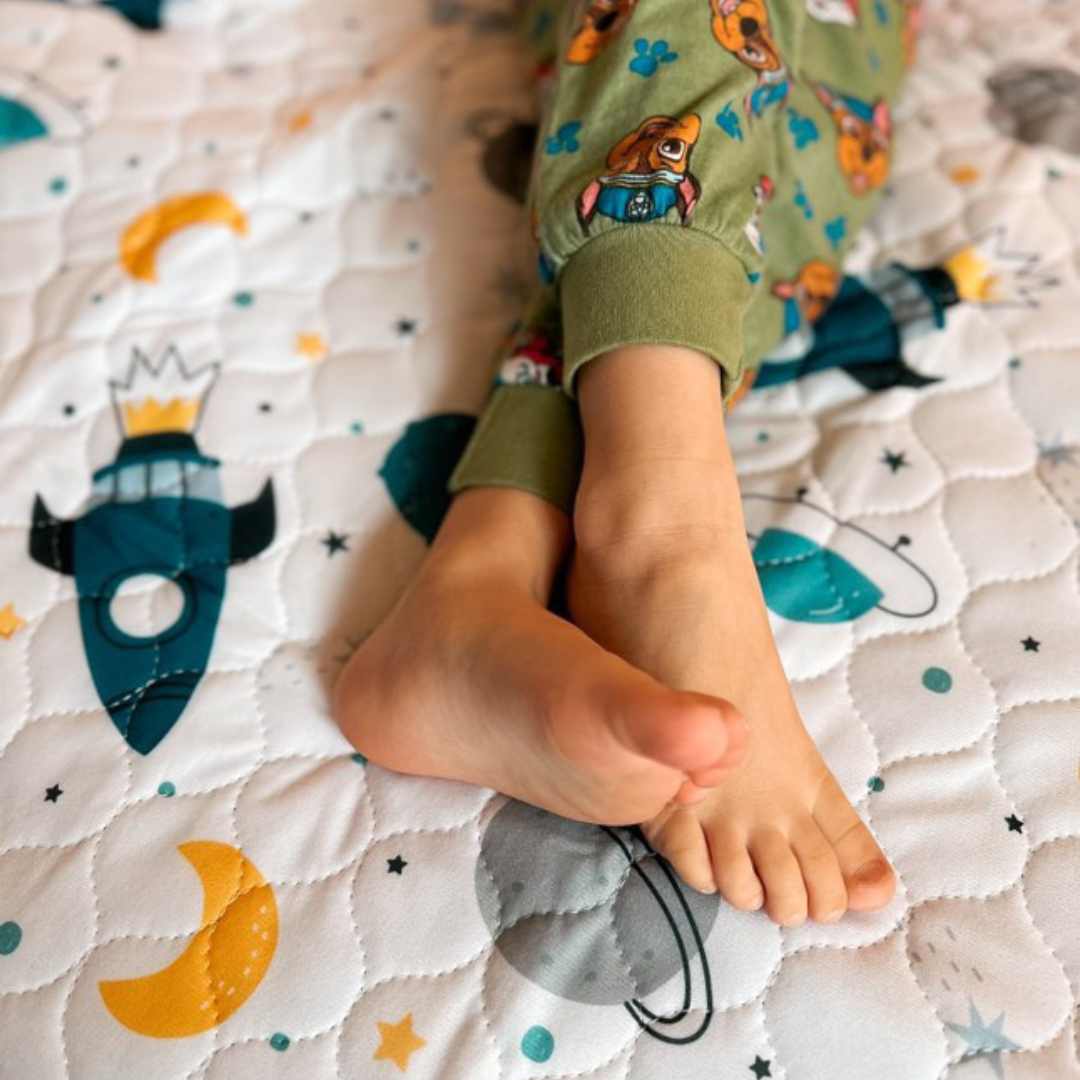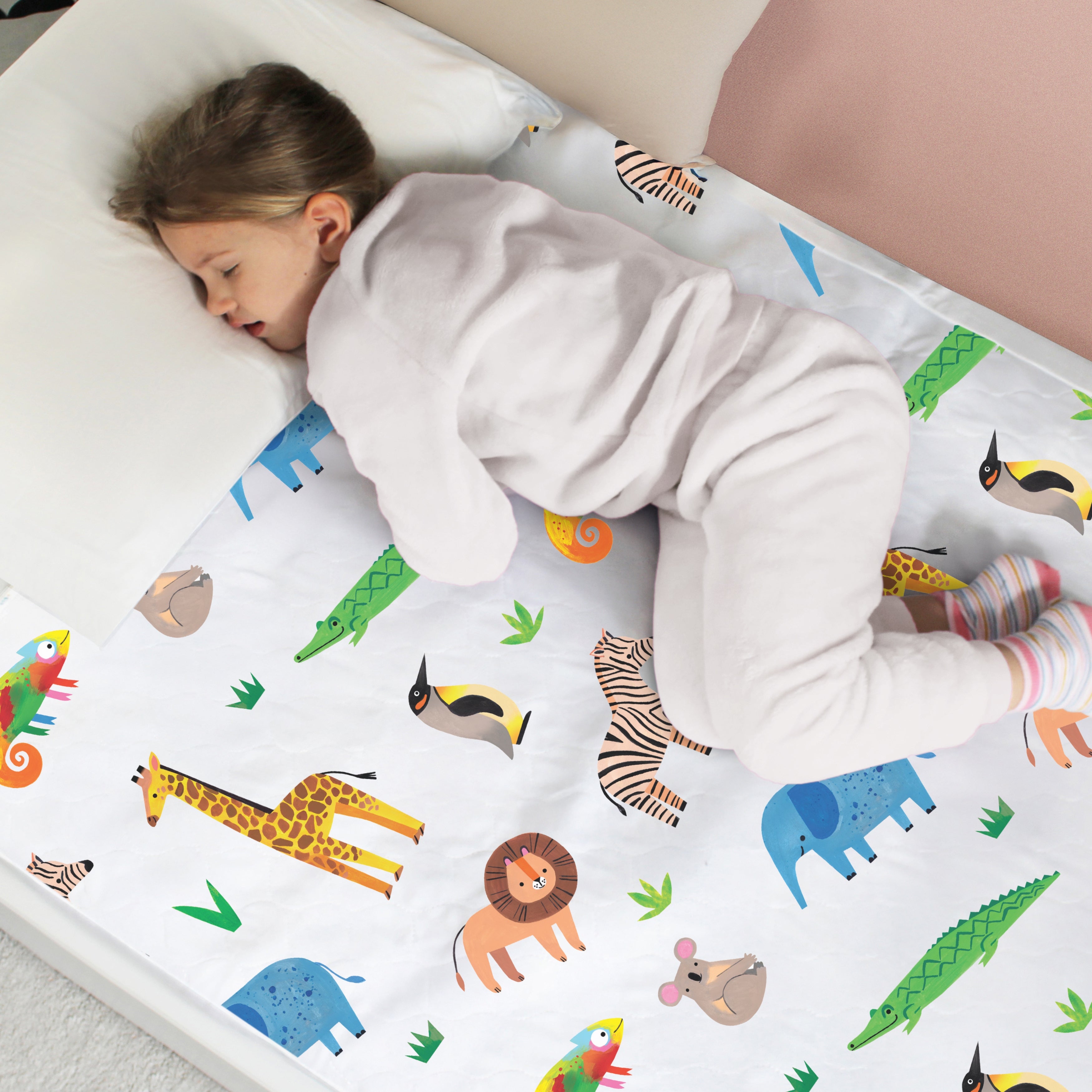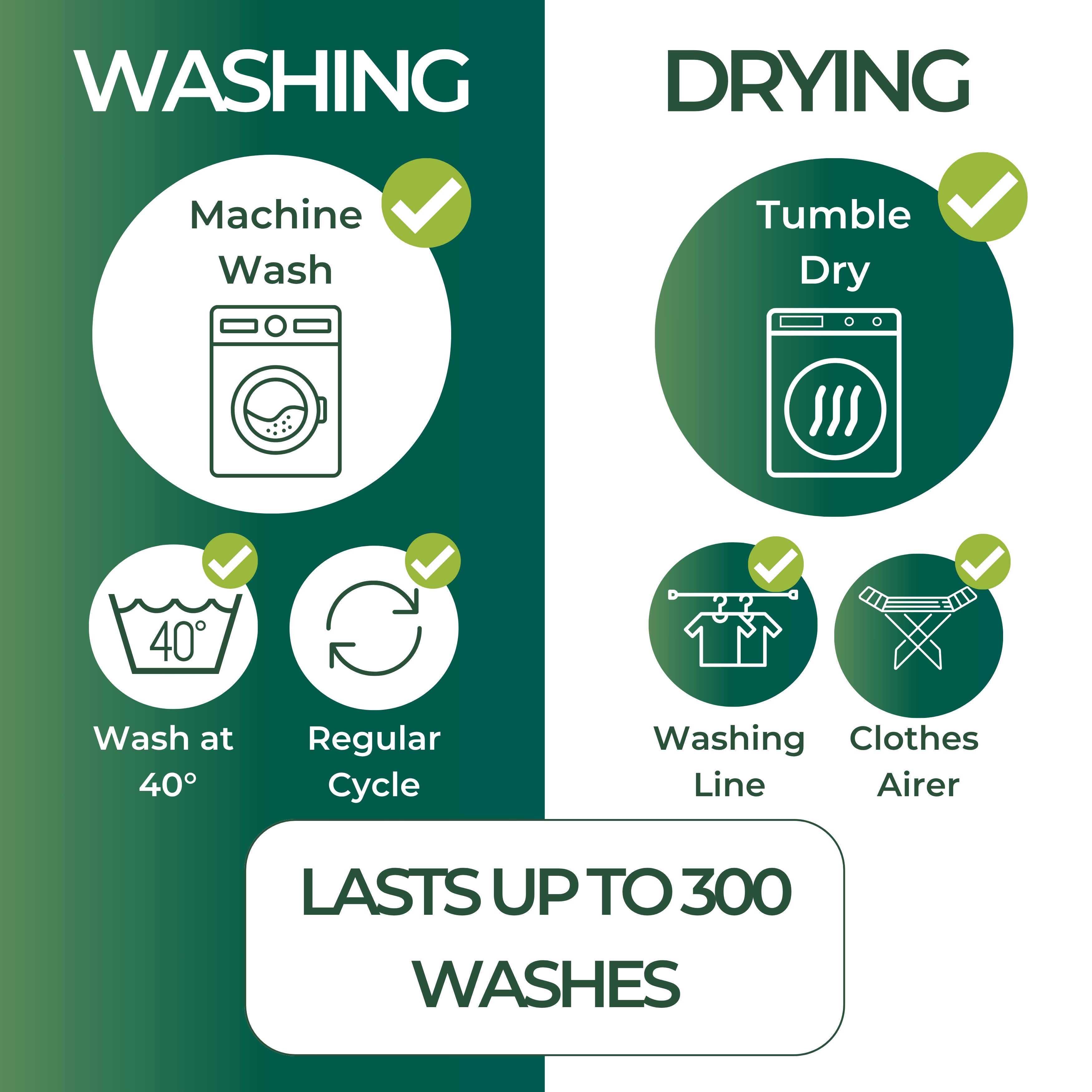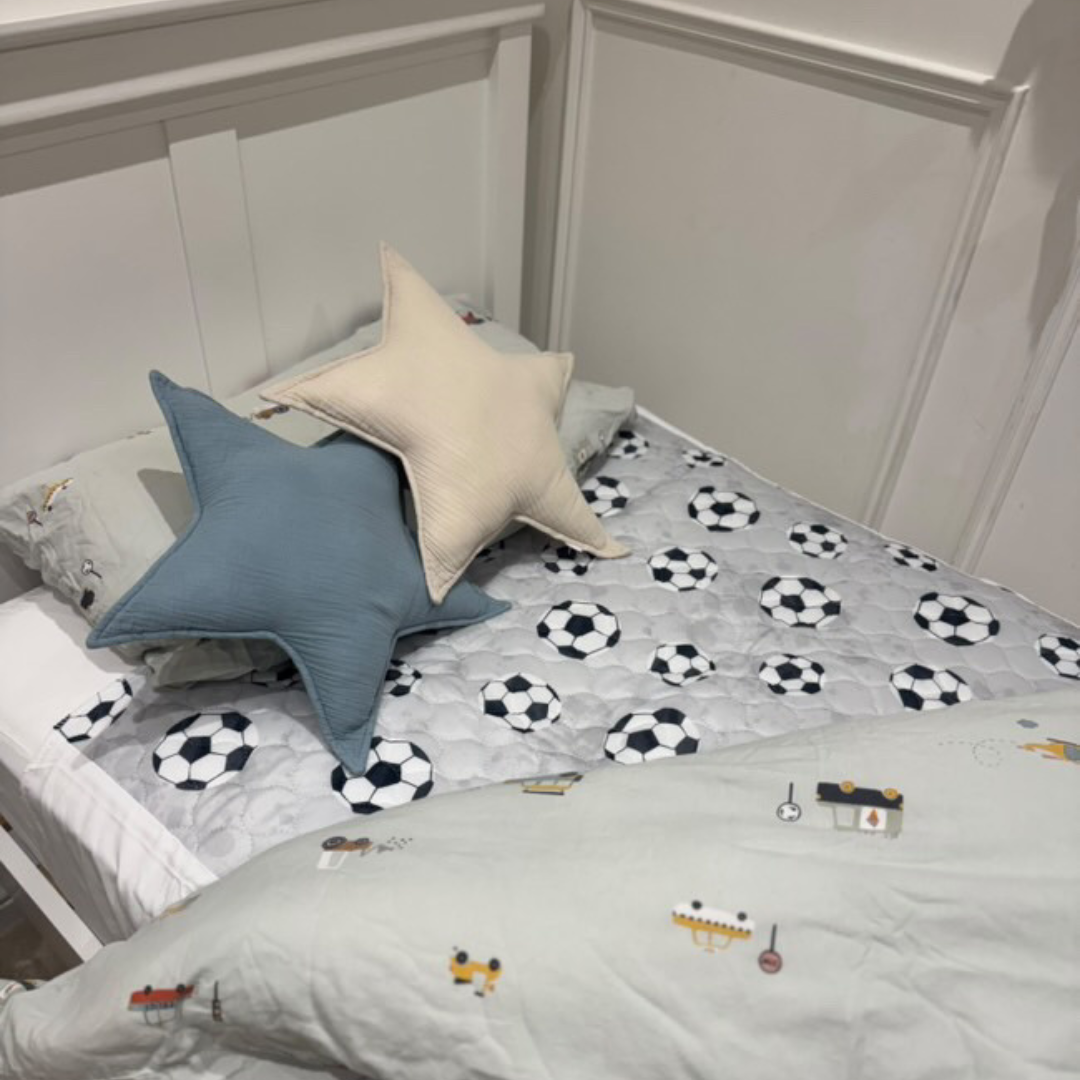Bedwetting is something many younger children experience, but when it continues into the teenage years, it can feel overwhelming and even a bit embarrassing. If you or someone you know is dealing with bedwetting at 14, you’re certainly not alone—and the good news is, there’s plenty you can do about it. In this blog, we’re going to delve into some effective strategies to help stop bedwetting at age 14, offering practical advice and insights to support older teenagers who might be facing this challenge. Let’s explore how you can take control and move towards drier, more confident nights!
Understanding Bedwetting in Teenagers
Bedwetting in teenagers, particularly at ages like 14, 15, and 16, can be distressing for both the teenager and their parents. While it’s often seen as a childhood issue, the reality is that bedwetting can continue into the teenage years due to a variety of factors. This continuation can be particularly frustrating as teenagers seek more independence and privacy, making the situation feel even more isolating. It’s important to approach the issue with sensitivity, recognising that it’s not a sign of laziness or immaturity but rather a complex condition influenced by several underlying causes.
Physiological factors, such as delayed bladder development or a deep sleep pattern that prevents waking when the bladder is full, can play a significant role in teenage bedwetting. Hormonal changes during puberty can also impact the body’s ability to control urine production at night. On the psychological side, stress and anxiety—common during the teenage years due to academic pressures, social challenges, or family issues—can worsen the problem. Understanding these factors is key to addressing the issue effectively, as it allows for a more targeted approach to stopping bedwetting at age 14 and beyond.
There are some useful Facebook communities that can be really beneficial for many parents, helping them realise they are not alone. These groups also provide helpful advice from others going through similar experiences. Facebook groups such as "Bedwetting in Children & Teens," "Stop Bedwetting for Good," and "Bedwetting Solutions" may be helpful for you.
What Causes Bedwetting in Older Children?
Several factors can contribute to bedwetting in older children. Understanding the causes is the first step in addressing the problem. These may include:
- Genetics: Bedwetting often runs in families. If one or both parents experienced bedwetting as children, their child is more likely to as well.
- Deep Sleep Patterns: Some teenagers sleep so deeply that they don’t wake up when their bladder is full.
- Bladder Capacity: A smaller bladder can make it harder to hold urine through the night, especially if large amounts of fluids are consumed before bedtime.
- Hormonal Imbalance: The antidiuretic hormone (ADH) reduces nighttime urine production. If the body doesn’t produce enough ADH, more urine is made than the bladder can hold.
- Stress and Anxiety: Emotional stress from school, friendships, or family can contribute to or worsen bedwetting in teenagers.
The Link Between Puberty and Bedwetting
Puberty brings about numerous physical and emotional changes that can impact nighttime dryness.
- Hormonal Changes: As mentioned, a lack of ADH can lead to excessive urine production at night.
- Growth Spurts: The body focuses energy on development, sometimes affecting bladder control.
- Emotional Changes: Feelings of stress, insecurity, or depression during puberty can worsen bedwetting. Knowing how to stop wetting the bed for teenagers often involves addressing these emotional factors.
Why Bedwetting May Occur in Young Adults
Bedwetting can sometimes extend into young adulthood. Some contributing factors include:
- Sleep Apnoea: This sleep disorder disrupts normal sleep patterns and can contribute to bedwetting.
- Urinary Tract Infections (UTIs): Irritation or inflammation in the bladder can lead to nighttime accidents.
- Diabetes: Increased urine production, a symptom of both Type 1 and Type 2 diabetes, can cause bedwetting.
- Neurological Disorders: Conditions like multiple sclerosis or spinal cord injuries can interfere with bladder control.
Practical Tips to Stop Bedwetting at Age 13
For those wondering how to stop bedwetting at age 13, these practical tips may help:
- Limit Fluids Before Bed: Encourage drinking plenty of fluids during the day while reducing intake in the evening—especially caffeine and sugary drinks. Be careful not to restrict fluids too much, as this can lead to constipation, which can make bedwetting worse.
- Establish a Bedtime Routine: Encourage using the toilet before bed to empty the bladder completely.
- Use a Bedwetting Alarm: Bedwetting alarms help train the brain to wake up when the bladder is full.
- Encourage Regular Toilet Visits: Going to the bathroom at set times, including before bed, can help build good habits.
- Positive Reinforcement: Praise dry nights to boost confidence and reduce stress.
How to Stop Bedwetting at Age 14
For 14-year-olds dealing with bedwetting, a holistic approach is key.
- Medical Consultation: If bedwetting persists, consult a doctor to rule out underlying conditions.
- Bladder Training Exercises: These exercises can help increase bladder control.
- Psychological Support: If anxiety or stress is a factor, therapy can help.
- Dietary Adjustments: Reduce bladder irritants such as caffeine and carbonated drinks in the evening.
- Use Waterproof Bedding: Investing in waterproof sheets like Hygge Sheets can make managing bedwetting easier and more comfortable.
Effective Approaches to Bedwetting at Age 15
If bedwetting continues at 15, consider a mix of behavioural and medical strategies:
- Medication: In some cases, doctors may prescribe medication to reduce urine production at night.
- Behavioural Therapy: Cognitive-behavioural therapy (CBT) can help with bladder control and emotional challenges.
- Track Fluid Intake: Keeping a journal can help identify patterns or triggers.
- Encourage Independence: Let your teenager take control by changing their sheets or managing their bedwetting alarm.
Comprehensive Guide to Stop Bedwetting at Age 16
For 16-year-olds, a thorough approach may be needed:
- Full Health Evaluation: Conditions like sleep apnoea and hormonal imbalances should be assessed.
- Good Sleep Hygiene: Encourage regular sleep schedules and limit screen time before bed.
- Social Support: Open communication is essential to help teenagers feel less alone in their struggles.
- Long-Term Management: Patience is key, as bedwetting may require ongoing strategies rather than a quick fix.
Conclusion
Bedwetting in teenagers is more common than people realise and can be challenging to navigate. However, with the right strategies, support, and tools like waterproof sheets and bedwetting alarms, it is possible to manage and eventually stop bedwetting at ages 13, 14, 15, and 16.
The key is to approach the issue with patience and a willingness to explore different solutions until the right one is found. With the right support, your teenager can gain confidence and achieve dry nights.
Take care,
Catherine x

